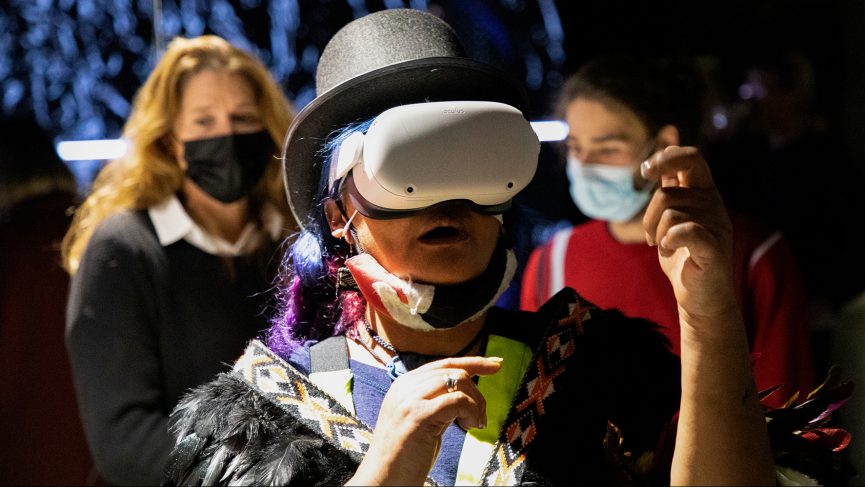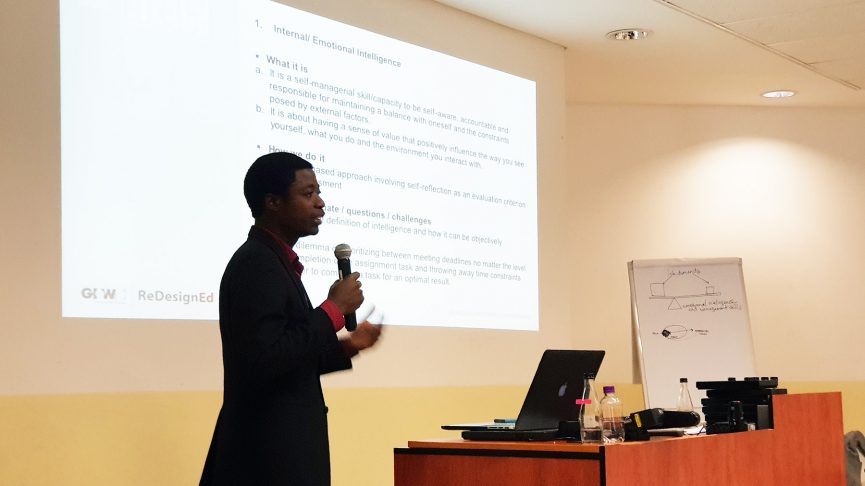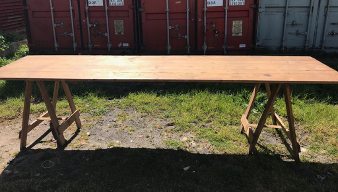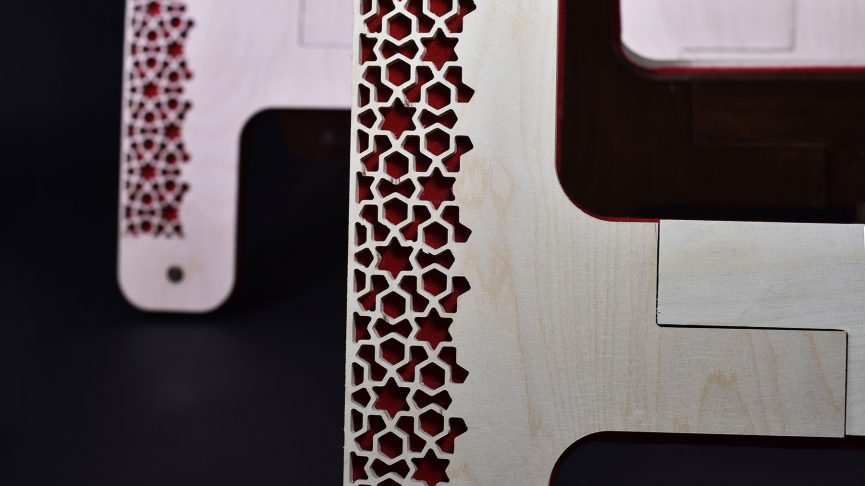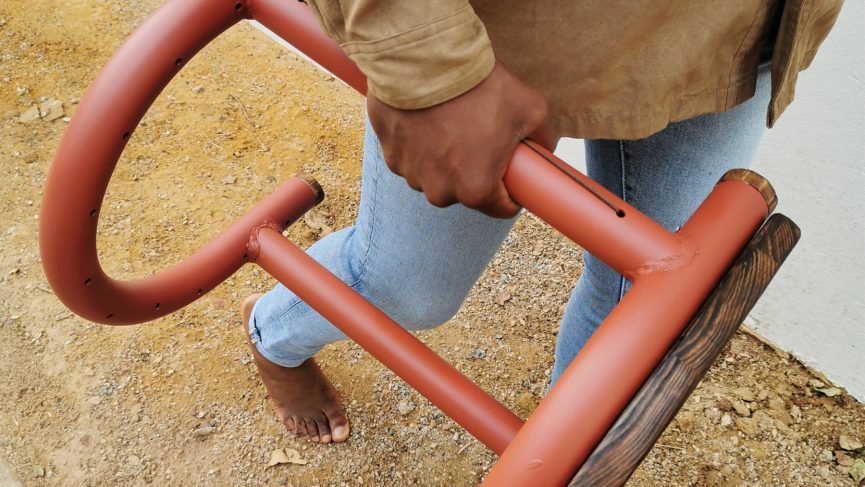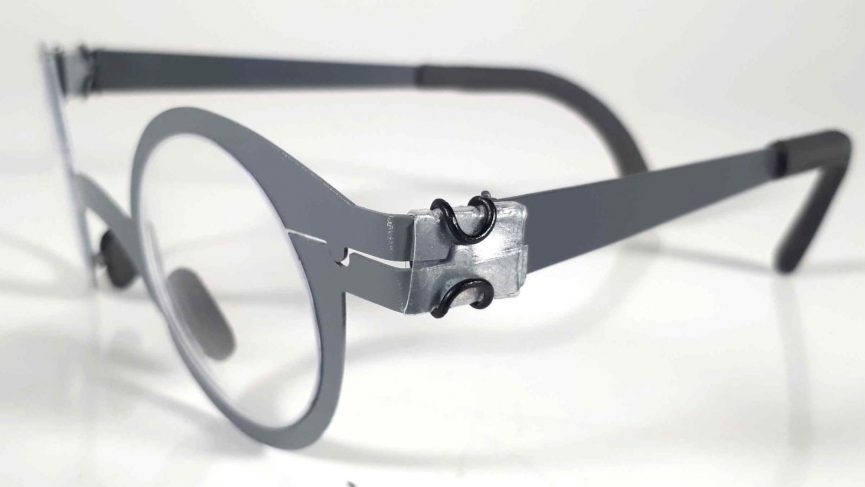2021 – 2023 | Common/Room
common/room: using Extended Reality technologies to support intercultural relationships in Aotearoa was a PhD in Design thesis project with creative practice by Mairi Gunn, supervised by Prof Mark Billinghurst, Director of the Empathic Computer Laboratory, Dr Moana Nepia, choreographer, video artist and curator, and myself as the main supervisor. The discursive design project common/room explored human–digital–human encounters across cultural difference. Overview: common/room comprised a suite of extended reality (XR) experiences that use technology as a bridge to support human connections and overcome intercultural discomfort. The installations are exhibited as an informal dining room, where each table hosts a distinct commensal experience designed to bring people together in a playful yet meaningful way. Each experience uses different technologies, including headset-displayed 360° 3D virtual reality (VR) (common/place), 180° stereoscopic projection (Common Sense) and three iterations of an augmented reality (AR) experience (Come to the Table! First Contact–Take 2 and haptic HONGI). In ... Read More
